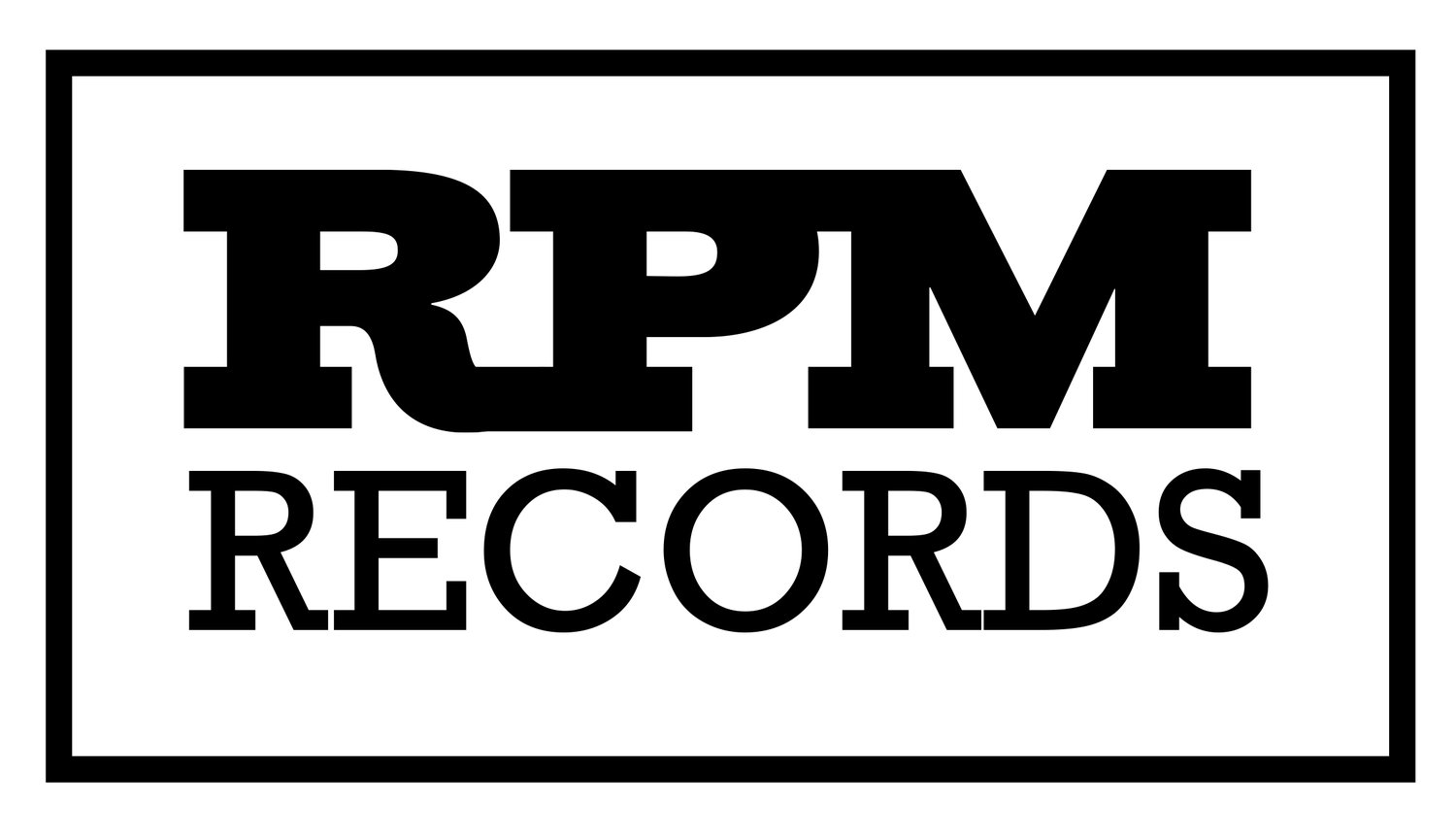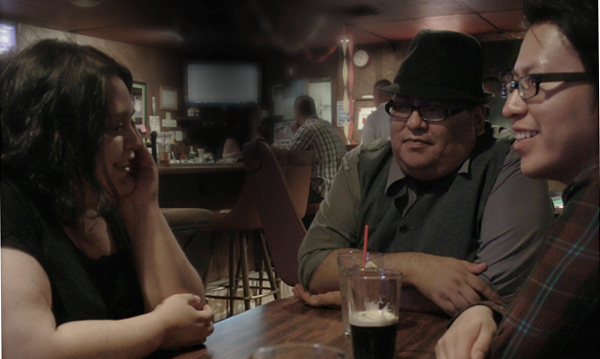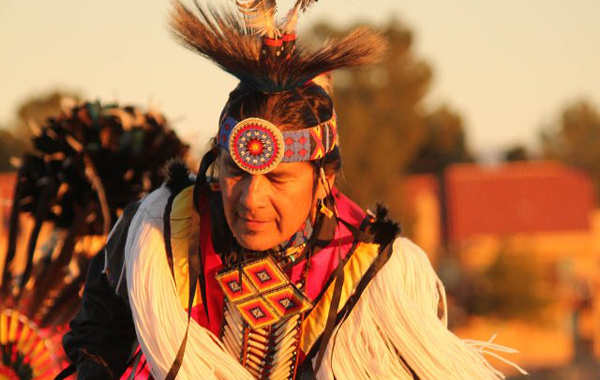Carl Gibson: Where are you originally from? And how does that influence your music?
MC Liaison: First and foremost, I’m Tohono O’odham (pronounced tone-OH-tum) which translates to desert people, and is the second largest tribe next to the Navajo in the so-called U.S. Our land mass is as big as the state of Connecticut and shares 79 miles of so-called US/Mexico border. The line was drawn since 1848 with the Gadsden Purchase, so our nation and community has been divided in half. Our tribal lands go to Rocky Point, Hermecito, and spans as far north as Phoenix. Just like any indigenous tribe around the world, there are different bands. There’s desert people, but up here, the other O’odham, or people, are the river people. Any MC back in New York knows that Hip-Hop began with that cultural pride of people who were living in the ghetto, living in the hood, living on the rez. That’s one thing I communicate through my music. I share my culture and flavor down there, but I’m also rocking it in Phoenix with people up here.
CG: How long have you two been making music? Talk about how you began and the evolution of your sound.
Bronze Candidate: Alex and I have known each other for nine years. Shining Soul has been through many phases and mutations. We used to be a live band at one point; I was playing bass and guitar for the group. I’m still using those musical influences as music for the group, but I’m making the beat-driven, rhythm-driven music. It’s basically about cultural pride, and pride about where we come from. My mom and pops were into Earth Wind and Fire, Gap Band, El Chicano, really funky stuff. I supplemented it with Mariachi here and there, with some Salsa infused. And that’s all kind of what I gear myself and the audience for. With the beats coupled with the critical, crucial and sometimes urgent messages you sometimes need to put in the music, people are really feeling it. It’s a serious message, but it’s constructive, as well.
CG: This is Arizona, the home of SB 1070, Sheriff Joe Arpaio, Jan Brewer. It seems like there’s a lot of stuff to inspire your lyrics in Arizona. Talk about how these current battles influence your music.
BC: It’s also the home of Si Se Puede, as we say. And the house of insurrection. It’s in our rhymes. It’s the front lines of this new white supremacy we’re seeing, and that’s what we call it, because that’s what it is. It comes from colonization and this domination of the social order, you see the disparities in the distribution of quote-unquote wealth.
CG: And you see it in high unemployment rates in indigenous communities compared to white communities, incarceration rates and all that.
BC: Right. It’s the allegiances that are there that are not talked about and kind of invisible. There’s destitute people across the board. Whatever you look like, whatever your pigment is. It’s that allegiance to what we call whiteness. Because that gives you privilege over people who are darker than you. And at the end of the day, I mean, you don’t want to be criminalized for being poor. You want to pass the buck to someone else. And look at who’s historically been marginalized and how violence has been projected upon certain groups of individuals. I’m a Chicano, I come from generations in the valley of what we call Phoenix. I’m pretty much a desert person as well. But three generations is not that long, people like my boy Alex, MC Liaison, he’s been here since time immemorial. So what does that look like when I’m trying to claim space here? So my music comes from me as a human being, as a Chicano, and as an MC and beat maker. So that brings it back to this imperialism we try to address in our music. We have these draconian laws like SB 1070, and the streamlining of “secure communities” laws which allow federal agents and local pig to collaborate.
MCL: In particular, it relates to SB 1070, but it also relates to border militarization. This has been happening before SB 1070 became law. SB 1070 just made us more of a police state. In the Tohono O’odham nation, my people have been stuck literally in the middle of this war that’s been happening. With the push of NAFTA in 1994, we had an influx of economic refugees migrate here from the so-called line to the South, and of course, the state cracked down. So Nogales, El Paso, the bigger cities, Tijuana -- all got locked down, because that’s a given to lock that spot. So what happens is they have to go through the hottest, most rural, and craziest areas, which happen to be where I’m from. The Border Patrol and now the Department of Homeland Security have militarized it because it’s a corridor for migration. So my people are like, “Yo, I’m from here, and now I’m going through a checkpoint?” I went through one today. And granted, we’re here today having this interview, but it’s like, why the fuck do I have to go through a checkpoint? Why do I have to go through easily 50 Border Patrol agents, have helicopters flying overhead? We’re still here, we have culture, our languages, our songs, our indigenous people are still here after all these centuries. Now we have the spook of border militarization. Keep in mind, the immigration reform bill in its current form quadruples this militarized border by putting a Berlin-like wall in my backyard. I’ve seen it going from a chicken wire fence when I was five or six years old, to a vehicle barrier, to a vehicle barrier with a road next to it, and cameras all along the road, people patrolling up and down, day and night, and that’s just 25 years of my life. What’s it gonna look like when I’m 50 or 60? So we’ve done direct actions and protests, but I feel music for me is like a torpedo, for people who don’t know about this shit.











